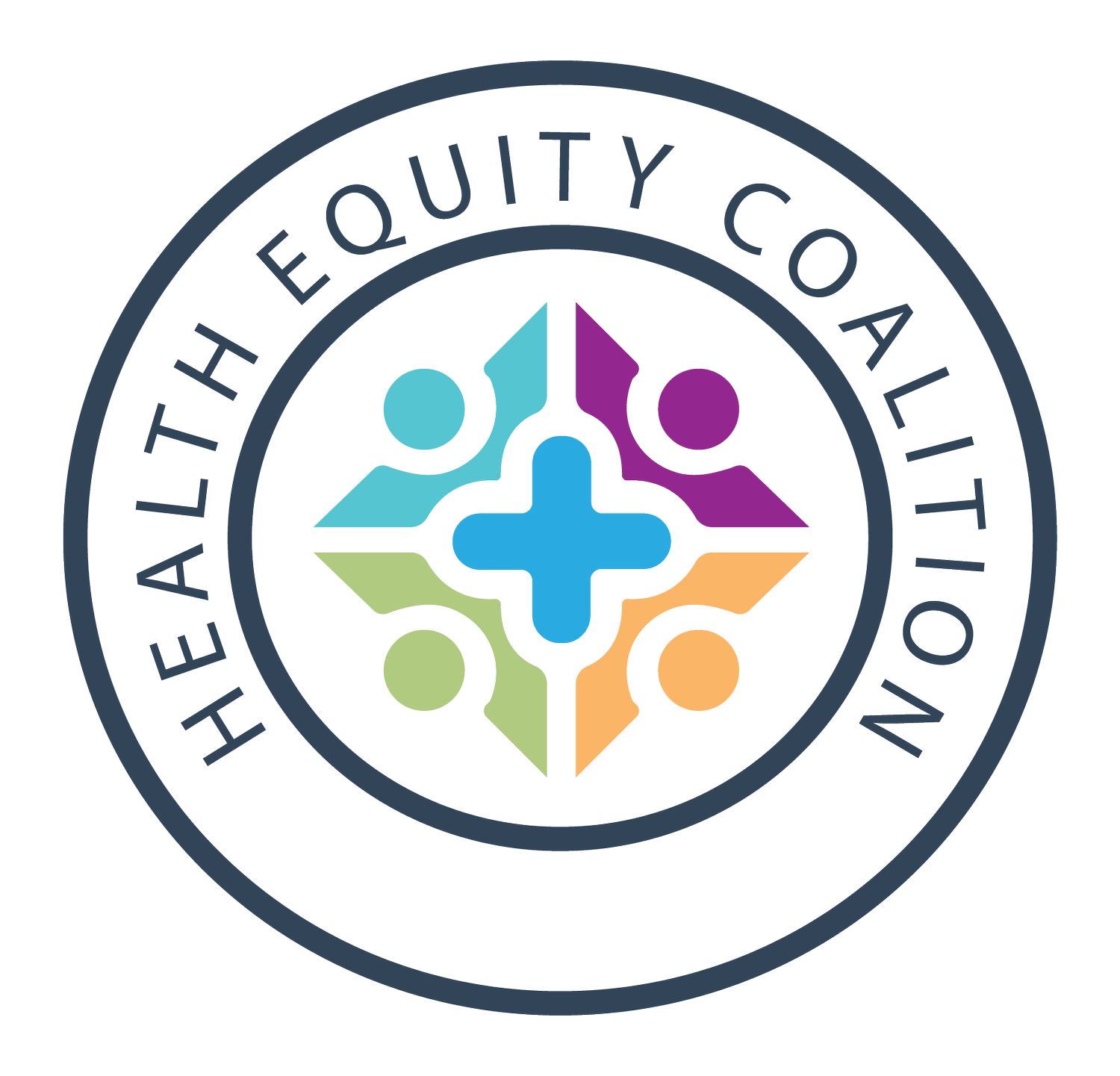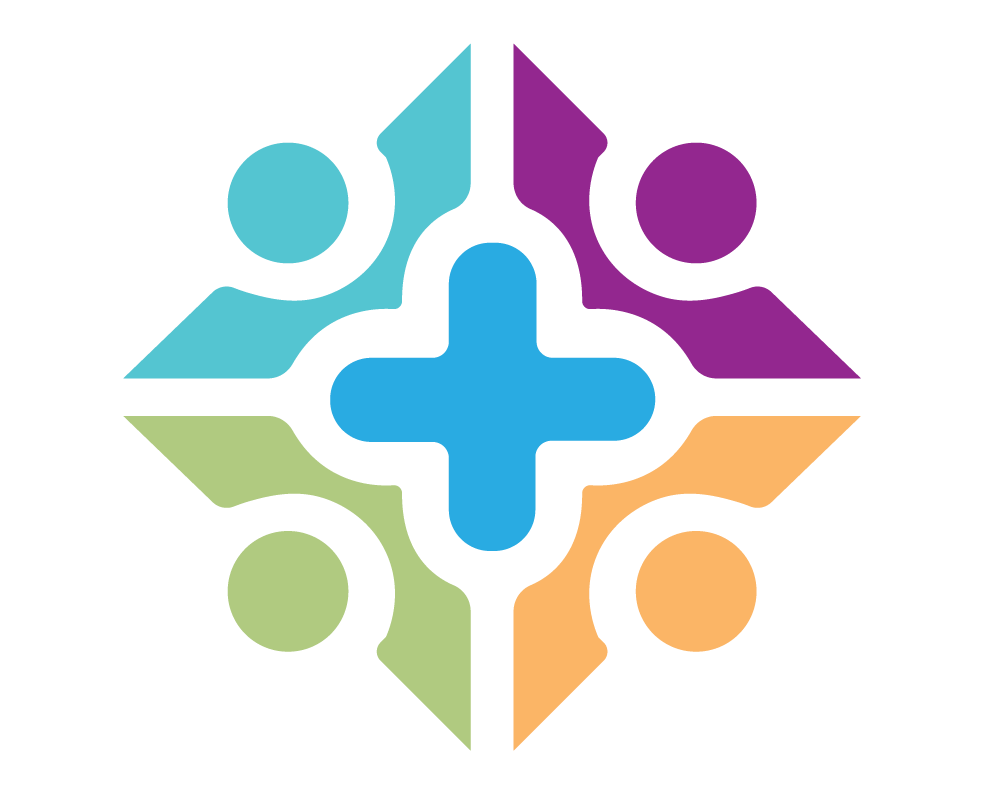Collaboration: the
power of the collective
Health, like wealth, is not evenly distributed across our region. Black and Indigenous residents and people from rural communities suffer more disease and die earlier than their White and urban counterparts.
No one knows more about the causes and human cost of those disparities than the community-led organizations and informal leaders who confront them every day. Those leaders have the lived insights to create solutions that work on the ground, not just on paper. They’re a part of their communities, so when they speak, people who may have learned to be skeptical of outside experts heed what they say.
Too often, though, those local leaders aren’t connected to the people and institutions that can support their work. They may be isolated from others doing similar work – divided by geography, cultural differences, or distrust. They have scant time or energy to connect with potential allies or to leverage the resources that might be available to them.
Health Equity Network (HEN), a pilot program of HEC, launched in 2022 to harness the wisdom of local leaders and help them realize their desire for regional change. It does that by facilitating peer learning, mutual support, collective action, and grassroots-informed advocacy.
The partners who conceived the project are the Institute for Preventive Healthcare and Advocacy, Eagle Market Streets Development Corporation, and MDC Rural Forward. Our role is to convene and support the community partners who choose to join the network. We don’t presume to “lead” them; instead, we listen, learn, and support them in articulating their own needs, vision, goals, and strategies.
Dying Too Soon
In the years 2017-2021, the age-adjusted death rate for Black men in WNC was 40 percent higher than that for White men living in the same counties. The rate for Black women was 15 percent higher than for their White neighbors. The rate for Indigenous men was 65 percent higher than for White men in the same counties, and that for Indigenous women was 70 percent higher than for White women.
The death rate for people living in rural counties was 16 percent higher than for residents of Buncombe and Henderson, the region’s most urbanized counties.
Source: NC State Center for Health Statistics
Our HEN Partners
-

Institute for Preventive Healthcare & Advocacy
-

MDC Rural Forward
-

Eagle Market Streets Development Corporation
Coming Soon!
HEN & HEC present
Community Collaboration for Collective Impact
Change agents from throughout the region are invited to share insights and visions. Together, we will celebrate the wisdom and power of community-based leadership and strengthen the foundation for regional collaboration.
WESTERN CAROLINA UNIVERSITY
CULLOWHEE, NC | AUGUST 24,2024





